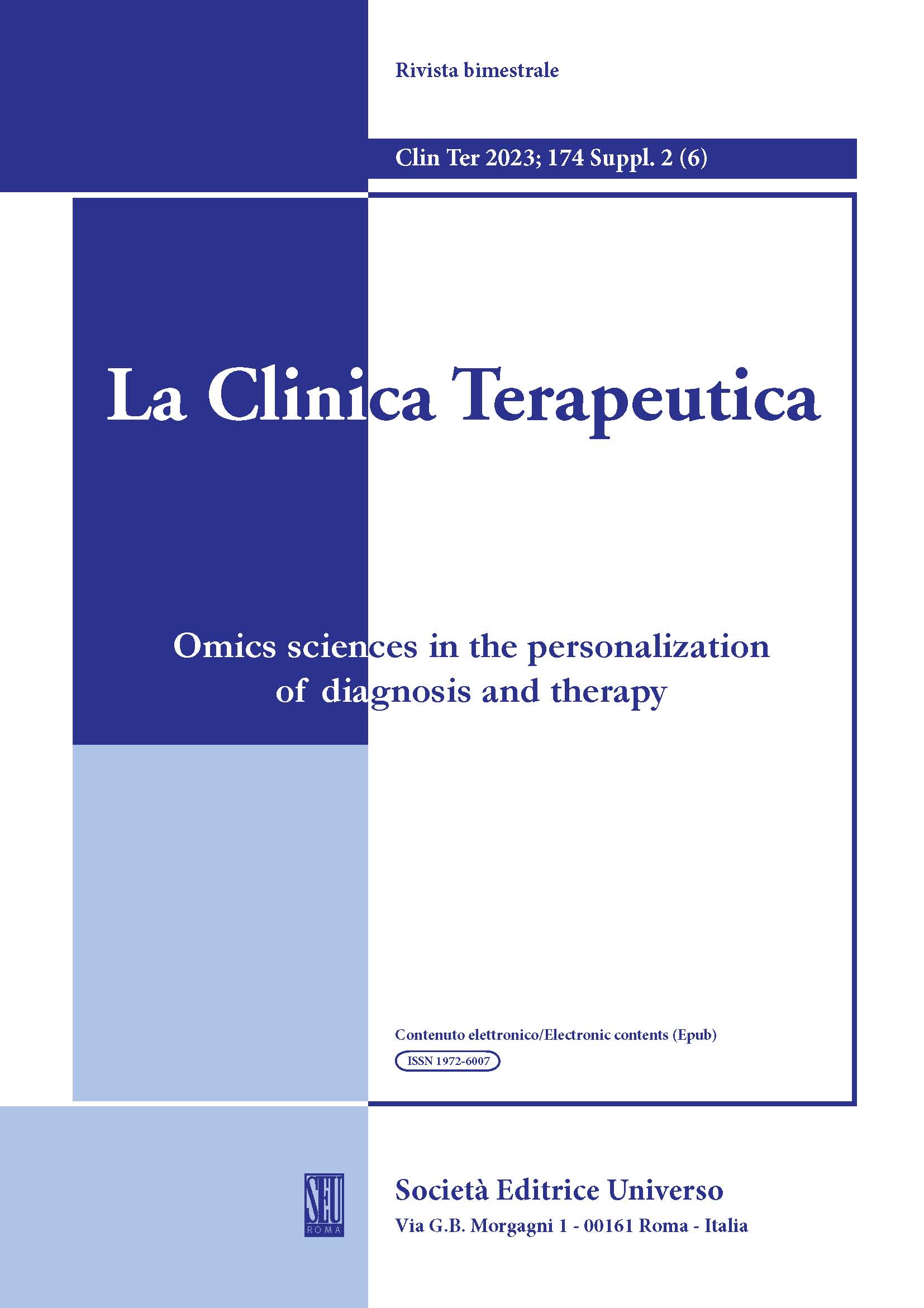Abstract
Nutrigenetics and nutrigenomics are two interrelated fields that explore the influence of genetic diversity on nutrient responses and function. While nutrigenetics investigates the effects of hereditary genetic variations on micronutrient metabolism, nutrigenomics examines the intricate relationship between diet and the genome, studying how genetic variants impact nutrient intake and gene expression. These disciplines offer valuable insights into predicting and managing chronic diseases through personalized nutritional approaches.
Nutrigenomics employs cutting-edge genomics technologies to study nutrient-genome interactions. Key principles involve genetic variability among ethnic groups, affecting nutrient bioavailability and metabolism, and the influence of dietary choices based on cultural, geographic, and socioeconomic factors. Polymorphisms, particularly single-nucleotide polymorphisms (SNPs), significantly influence gene activity and are associated with specific phenotypes that are related to micronutrient deficiencies.
Minerals are inorganic elements, vital for various physiological functions. Understanding the SNPs associated with mineral deficiencies is crucial for assessing disease risk and developing personalized treatment plans. This knowledge can inform public health interventions, targeted screening programs, educational campaigns, and fortified food products to address deficiencies effectively. Nutrigenomics research has the potential to revolutionize clinical and nutritional practices, providing personalized recommendations, enhancing illness risk assessment, and advancing public health initiatives. Despite the need for further research, harnessing nutrigenomics’ potential can lead to more focused and efficient methods for preventing and treating mineral deficiencies.
